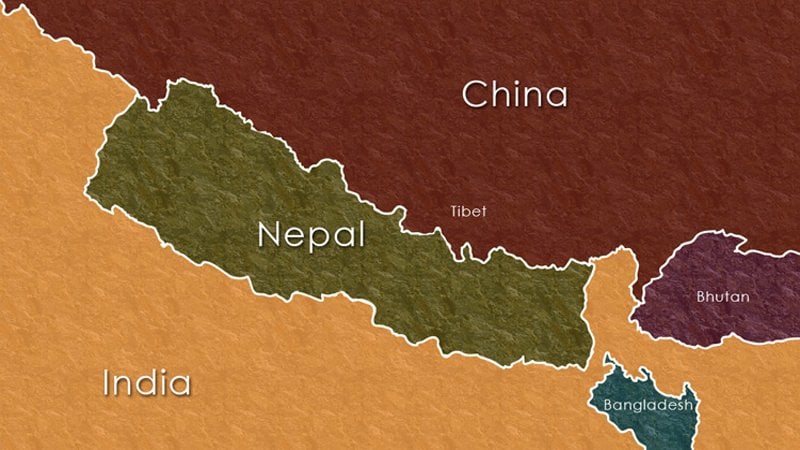Why Nepal is called?
Nepal's name has historical and cultural significance, and its origin can be traced to various sources. The term "Nepal" has evolved over time, and its etymology is connected to the country's geography, culture, and history. Here are some perspectives on why Nepal is called Nepal:
Geographical Origin:
The name "Nepal" is believed to have originated from the Sanskrit word "Nepa," which refers to the Kathmandu Valley, the historical and cultural heart of the country. Over time, this term expanded to encompass the entire region, and the country came to be known as Nepal.
Ancient Roots:
The Kathmandu Valley, where the ancient capital of Nepal was situated, has been a cultural and political center for centuries. The name "Nepal" has its roots in the history of this valley, which was a significant hub for trade, art, and religion.
Sanskrit Influence:
Nepal has deep historical connections with Sanskrit, an ancient Indo-Aryan language. The use of Sanskrit in the region's historical texts and scriptures has contributed to the adoption of Sanskrit-based names, including "Nepal."
Legendary Origins:
According to Hindu mythology, Nepal is associated with the sage Ne, who is said to have established a settlement in the Kathmandu Valley. The name "Nepal" is sometimes linked to this mythical figure, adding a cultural and religious dimension to the country's nomenclature.
Historical Variations:
Throughout history, the name of the country has appeared in various forms in different languages and scripts. For instance, in Newari, the indigenous language of the Kathmandu Valley, the country is known as "Nepa," while in Tibetan, it is referred to as "Nai Phal."
Influence of Colonial Period:
During the colonial era, the British referred to the region as "Nepal" in their administrative and diplomatic records. This usage further solidified the name internationally.
In summary, the name "Nepal" is a result of a complex interplay of linguistic, historical, and cultural factors. It reflects the country's rich heritage and the significance of the Kathmandu Valley as a cultural and historical nucleus. The name has endured through centuries, shaping the identity of this diverse and enchanting South Asian nation.

Comments
Post a Comment
If you have any doubts. Please let me know.